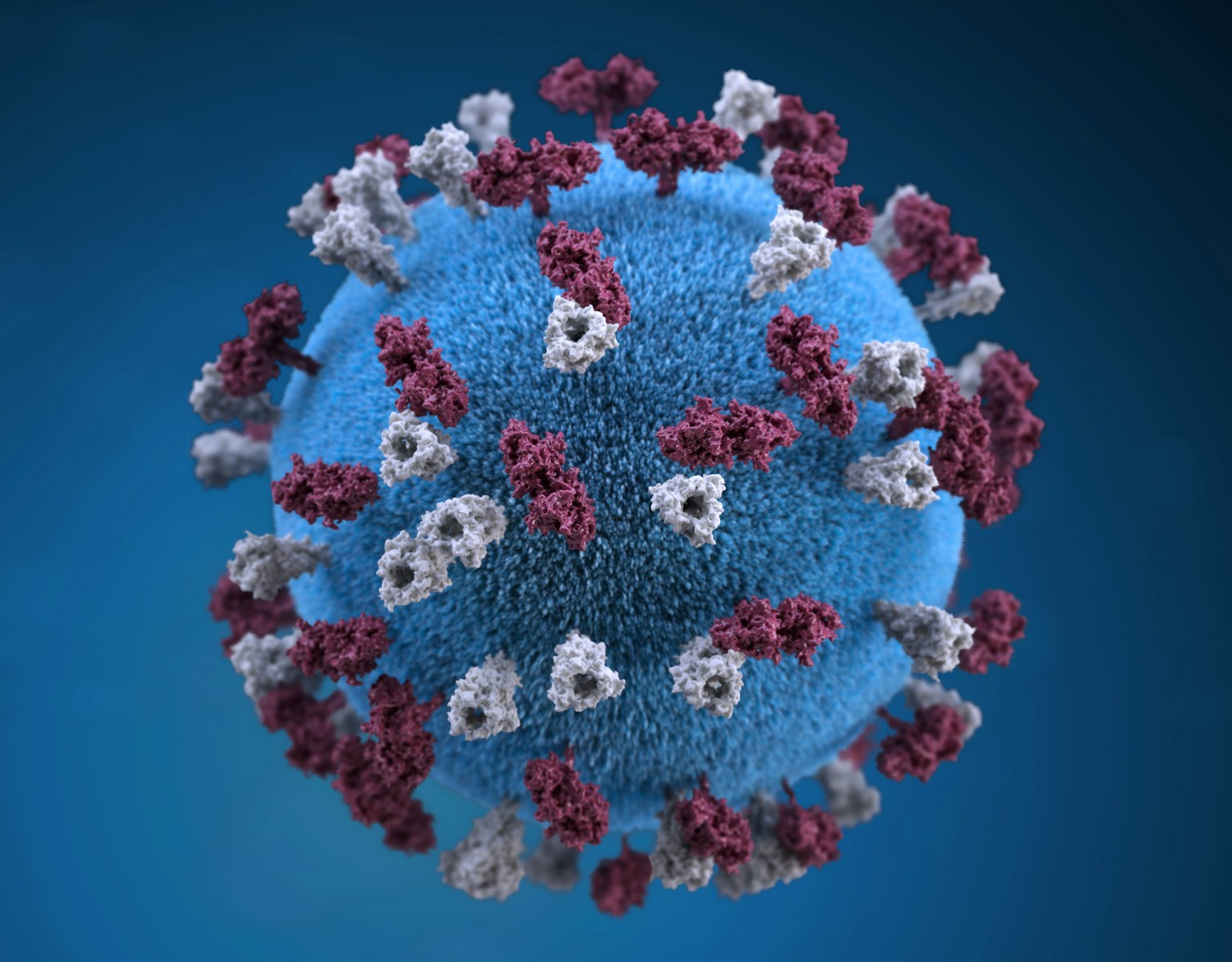Key Takeaways:
- Measles resurgence: The U.S. is on track to surpass 1,000 measles cases this year, marking an alarming comeback for the once-rare disease.
- Wide spread: Measles outbreaks have affected 29 states as of May 1, with three deaths reported.
- Vaccination policies: Some local lawmakers are considering or implementing policies that make it easier for parents to opt out of school vaccination requirements.
- Public health concerns: Experts warn that increasing measles cases could lead to more severe outbreaks, especially if vaccination rates drop further.
What’s Happening?
Measles, a disease once so rare that many young doctors don’t even recognize its rash, is making a concerning comeback in the U.S. This year, the country is on track to hit over 1,000 measles cases, spreading across 29 states and claiming three lives as of May 1. That’s alarming because measles was nearly erased in the U.S. thanks to widespread vaccination.
Why Is Measles Spreading?
The measles virus is highly contagious and spreads quickly through coughing, sneezing, or even breathing. It’s so contagious that up to 90% of people who aren’t immune and are exposed will get sick. The current outbreak highlights a growing trend of declining vaccination rates, fueled by misinformation about vaccines and increasing distrust in public health systems.
The Role of Vaccination Policies
While measles is surging, some local lawmakers are surprisingly making it easier for parents to skip school vaccination requirements. These policies allow more parents to opt out of vaccinating their children, even for non-medical reasons. This trend could lower vaccination rates even further, creating more opportunities for measles and other preventable diseases to spread.
What’s at Stake?
Measles is more than just a rash and a fever. It’s a serious disease that can cause complications like pneumonia, brain inflammation, and even death. Before widespread vaccination, measles killed millions worldwide each year. Experts warn that if vaccination rates continue to drop, we could see more deadly outbreaks, especially in schools and communities with low immunity.
Why Are Parents Opting Out?
Some parents choose not to vaccinate their children due to concerns about vaccine safety, often influenced by misinformation online. While vaccines are rigorously tested and proven safe, myths about autism and other side effects persist. These fears, combined with lax vaccination policies, are creating vulnerable pockets where diseases like measles can thrive.
What Can Be Done?
Public health officials are urging lawmakers to strengthen vaccination requirements and promote education about the safety and importance of vaccines. Communities are also stepping up to address vaccine hesitancy by sharing personal stories of measles’ dangers and the benefits of immunity.
The Bigger Picture
Measles isn’t just a problem for the U.S. As global travel increases, outbreaks in one country can quickly spread elsewhere. The World Health Organization has warned that declining vaccination rates worldwide are putting decades of progress against measles at risk.
The Bottom Line
Measles is a preventable disease, but its resurgence is a warning that complacency and misinformation can have deadly consequences. As cases continue to rise, it’s crucial for families, schools, and policymakers to work together to protect public health and ensure that measles doesn’t regain a foothold in our communities. The time to act is now.
